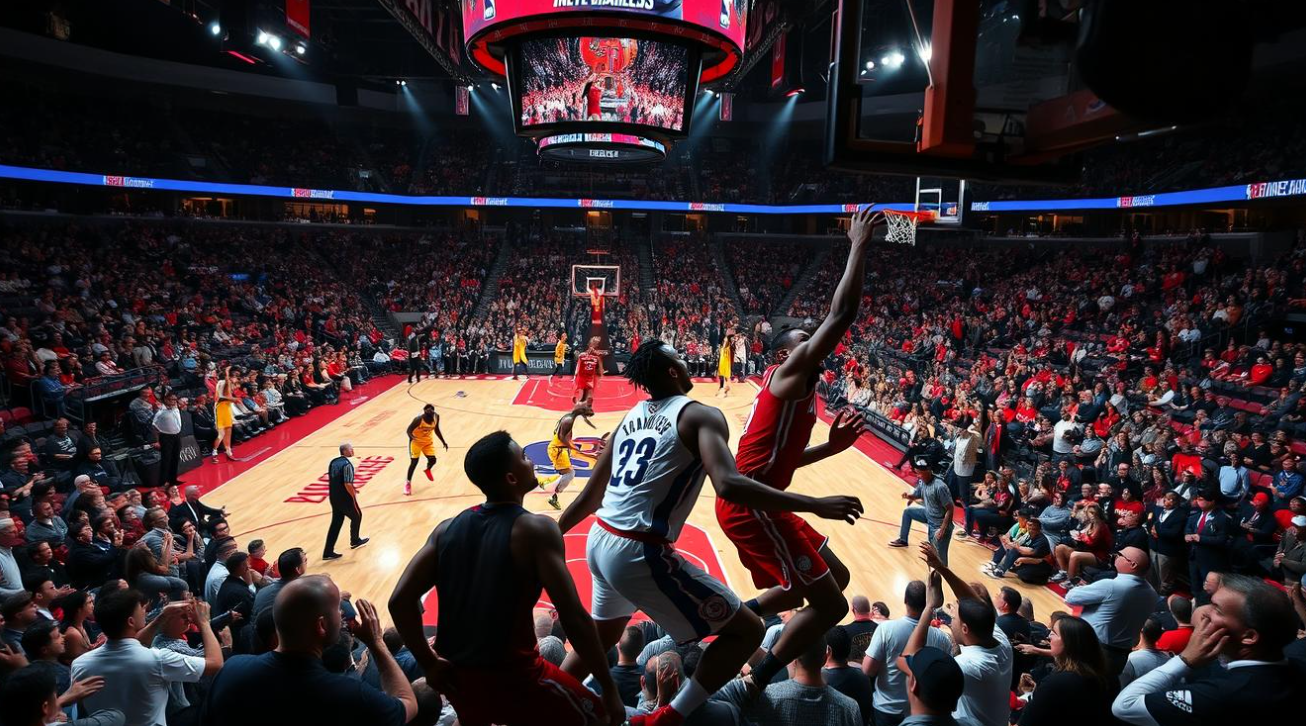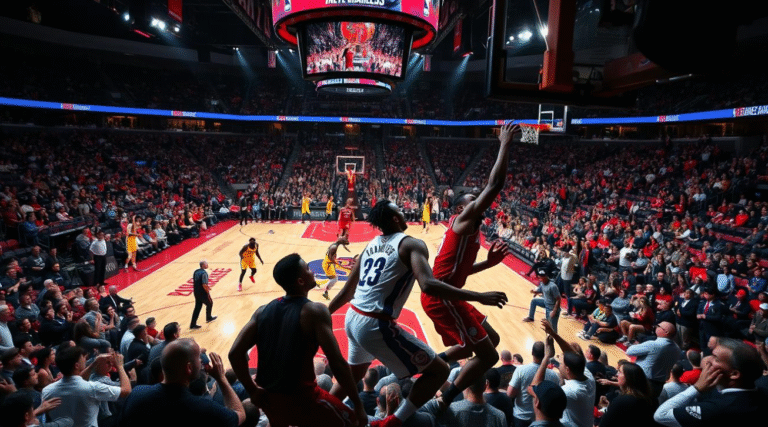

Introduction
Did you know that over 60% of Americans don’t fully understand their car insurance policies or their legal rights after an accident? This knowledge gap costs drivers billions annually in unclaimed benefits and compensation. Whether you’ve recently been in a collision, are facing a denied claim, or simply want to be prepared, understanding car insurance legal advice is essential in today’s complex insurance landscape. Insurance companies have teams of lawyers protecting their interests—shouldn’t you know how to protect yours?
Table of Contents
Understanding Your Insurance Policy
Key Coverage Types
- Liability coverage: Covers damage you cause to others (required in most states)
- Collision coverage: Pays for damage to your vehicle regardless of fault
- Comprehensive coverage: Covers non-collision incidents (theft, weather damage)
- Personal Injury Protection (PIP): Covers medical expenses regardless of fault
- Uninsured/Underinsured Motorist: Protects you if the at-fault driver lacks adequate insurance
Policy Exclusions to Watch For
- Intentional damage
- Normal wear and tear
- Using your personal vehicle for commercial purposes
- Damage caused while committing a crime
- Unauthorized drivers
Understanding these coverage types is the first step in knowing what car insurance legal advice you might need in different scenarios.
Your Legal Rights After an Accident
When you’re involved in an accident, it’s critical to know your legal standing and options:
- Right to fair claim processing: Insurance companies must handle claims promptly and fairly under state laws
- Right to appeal denied claims: All insurers must provide a formal appeal process
- Right to choose your repair shop: Despite what adjusters might suggest, you can select your preferred repair facility
- Right to seek independent evaluations: You can get your own damage estimates if you disagree with the insurance assessment
- Right to legal representation: You can hire an attorney at any point in the claims process
According to the Insurance Research Council, accident victims who obtain car insurance legal advice receive settlements that are, on average, 3.5 times higher than those who handle claims independently.
Dealing with Claim Denials
Insurance companies may deny claims for various reasons, some legitimate and others questionable. Common denial reasons include:
- Policy exclusions or limitations
- Lapsed coverage due to missed payments
- Dispute over who was at fault
- Suspicion of fraud
- Failure to report the accident promptly
Steps to Take When Your Claim is Denied:
- Request a detailed written explanation of the denial
- Review your policy carefully to verify the denial basis
- Gather supporting documentation (police reports, medical records, photos)
- File a formal appeal with your insurance company
- File a complaint with your state’s insurance department if necessary
- Consult with an attorney specializing in car insurance legal advice
Bad Faith Insurance Practices
Insurance companies have a legal obligation to act in good faith. When they don’t, you may have grounds for a bad faith lawsuit. Signs of bad faith include:
- Unreasonable delays in claim processing
- Failing to conduct proper investigations
- Offering settlements far below reasonable value
- Misrepresenting policy provisions
- Threatening or intimidating tactics
In 2023, bad faith insurance lawsuits resulted in over $850 million in punitive damages against major auto insurers, highlighting the importance of knowing when to seek car insurance legal advice regarding bad faith practices.

Understanding Fault Determination
How fault is determined varies significantly between states:
No-Fault States
In no-fault states (including Florida, Michigan, New York), each driver’s insurance covers their own injuries regardless of who caused the accident. However, there are thresholds for when you can step outside the no-fault system to sue the at-fault driver.
Comparative Negligence States
Many states follow comparative negligence principles, where compensation is reduced by your percentage of fault. For example, if you’re 30% at fault, your compensation is reduced by 30%.
Contributory Negligence States
A few states (Alabama, Maryland, North Carolina, Virginia, and DC) follow strict contributory negligence rules, where being even 1% at fault can bar you from recovery.
Understanding your state’s fault laws is crucial when seeking car insurance legal advice after an accident.
When to Hire an Attorney
Not every insurance matter requires legal representation, but certain situations strongly warrant car insurance legal advice from a professional:
- Serious injuries or fatalities
- Disputes over fault
- Claim denials
- Low settlement offers
- Bad faith insurance practices
- Complex liability scenarios (multiple vehicles, commercial vehicles)
According to the American Bar Association, hiring an attorney increases settlement amounts by an average of 40% even after legal fees are deducted.
Negotiating with Insurance Adjusters
Insurance adjusters work for the insurance company, not for you. Their job is often to minimize payouts. When negotiating:
- Document everything thoroughly
- Know your policy limits and coverage details
- Calculate all damages (medical bills, lost wages, property damage)
- Don’t accept the first offer—it’s rarely the best
- Get everything in writing
- Reference similar cases and settlements
- Be prepared to mention legal representation
Adjusters know that claimants with car insurance legal advice are more likely to recover fair compensation, which can improve your negotiating position.
Statute of Limitations
Every state has deadlines for filing insurance claims and lawsuits:
- Most states allow 1-3 years for personal injury claims
- Property damage claims typically have 2-5 year limits
- Claims against government entities often have much shorter deadlines (sometimes just 30-180 days)
Missing these deadlines can permanently bar your right to compensation, making timely car insurance legal advice essential after an accident.
Understanding Settlement Options
When resolving an insurance claim, you typically have several options:
- Accepting the insurance offer: Quick but often results in lower compensation
- Negotiated settlement: Can lead to better outcomes without lengthy litigation
- Mediation: A neutral third party helps reach a resolution
- Arbitration: A more formal process where an arbitrator makes a binding decision
- Litigation: Taking your case to court
Each option has pros and cons regarding time, cost, and potential outcomes. Professional car insurance legal advice can help determine the best approach for your specific situation.
Protecting Your Rights During Medical Treatment
After an accident:
- Seek prompt medical attention, even for seemingly minor injuries
- Follow all treatment plans and attend follow-up appointments
- Keep detailed records of all medical visits and expenses
- Don’t sign medical releases that give insurers unlimited access to your medical history
- Be cautious about providing recorded statements about your injuries
Medical documentation is often the most critical evidence in accident claims, and proper handling can significantly impact your compensation.
Conclusion
Navigating the complexities of car insurance claims requires understanding your policy, knowing your legal rights, and recognizing when to seek professional car insurance legal advice. Whether dealing with a claim denial, negotiating a settlement, or facing potential litigation, being informed empowers you to advocate effectively for fair compensation. Remember that insurance companies have legal teams protecting their interests—having the right knowledge and support on your side levels the playing field and helps ensure you receive the benefits and compensation you deserve.
FAQs
Q: Can I handle an insurance claim without seeking car insurance legal advice? A: For minor accidents with no injuries and clear liability, you can often handle claims yourself. However, for accidents involving injuries, disputed fault, or significant damages, consulting with an attorney is advisable.
Q: How much does car insurance legal advice typically cost? A: Many insurance attorneys offer free initial consultations and work on contingency fees (typically 25-40% of your settlement). This means you pay nothing unless they recover compensation for you.
Q: Can I sue my own insurance company? A: Yes, if your insurer acts in bad faith, unreasonably denies a valid claim, or breaches the insurance contract, you may have grounds to sue them.
Q: What documentation should I keep after an accident? A: Keep the police report, medical records, repair estimates, correspondence with insurers, photos of damages and injuries, witness contact information, and records of any expenses related to the accident.
Q: How long do insurance companies have to settle claims? A: Time frames vary by state, but most states require insurers to acknowledge claims within 15 days and make decisions within 30-45 days. Unreasonable delays may constitute bad faith.
Q: If I was partially at fault for an accident, can I still receive compensation? A: In most states, yes. Under comparative negligence laws, your compensation would be reduced by your percentage of fault. However, a few states follow contributory negligence rules, where any fault may bar recovery.
[Visual Suggestion: Include an infographic showing the statute of limitations for insurance claims by state, along with a comparison chart of fault determination systems]
[Internal Linking Suggestions: “Understanding Different Types of Car Insurance Coverage,” “What to Do Immediately After a Car Accident,” “How to Choose the Right Insurance Attorney”]














